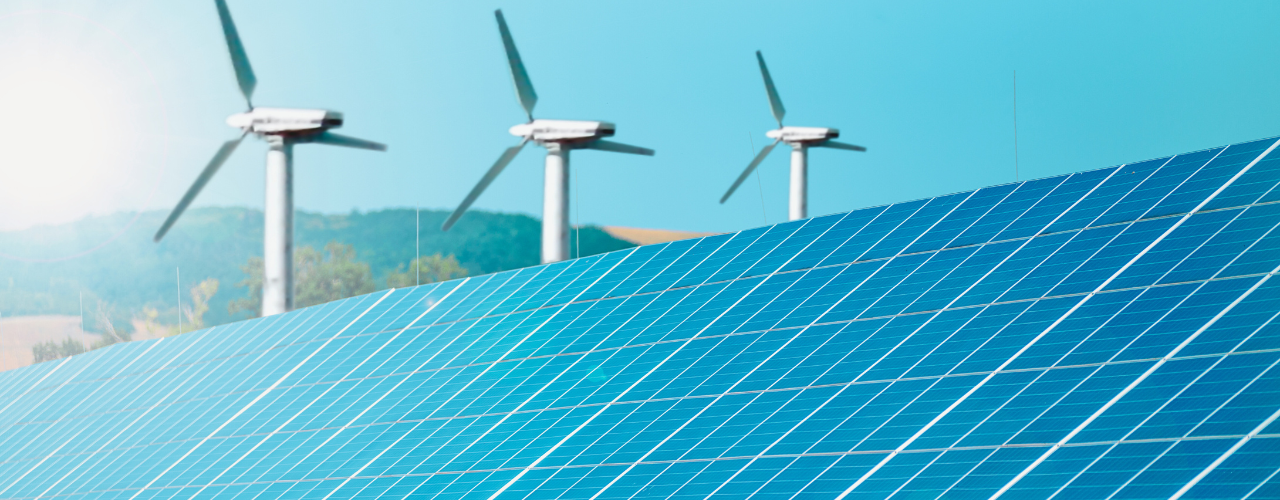
Achieving our climate goals means Irish society must make progress on transport, agriculture, and energy provision. JCFJ is firmly committed to active transport infrastructure as the primary means to reduce the emissions created by getting around. There are steps around regenerative agriculture that will surely help reduce emissions in this sector. But what about energy provision? Might there be an argument for nuclear power?
There are some – notably William Reville, Emeritus professor of biochemistry at UCC – who argue that nuclear power is a key element of the transition we must now make.
Already this year, JCFJ has addressed some of the problems with nuclear energy in Ireland. A short list would include: it is against the law, no one would want such facilities in their area, it is not as reliable as proponents claim, and, in a crushing blow to feasibility, the SMR plants that are usually proposed have one big flaw: they don’t exist yet.
But since then there have been two developments that are worth noting.
Without Fuel, No Energy
Firstly, one of the major arguments made in support of nuclear power is its alleged reliability. It can fill in the gaps when “the sun doesn’t shine and the wind doesn’t blow”. Aside from the fact that nuclear power stations are actually designed not to give a rapid infill supply but a steady constant output (and can take days to power up or shut off), the problem with this argument is just how often nuclear power stations are offline.
But now there is a new problem. With the vast amount of uranium sourced in Russia, Kazakhstan, and Niger, the very fuel that is required before we can even have a debate about reliability is now no longer readily available. It is close to certain that Russia would sell us the fuel, but do we want to buy it? And with Niger’s intention to cut off French supplies, it is clear that a geopolitical battle around uranium might be imminent.
The Opportunity Cost of Nuclear
An even more decisive issue has arisen for nuclear boosters. In an article published in the August 16th issue of the journal, Joule, a team of scientists and economists from around Europe have laid out “why investing in new nuclear plants is bad for the climate”. The authors grant that nuclear power plants have relatively low carbon emissions but they still do not see a future for nuclear plants in terms of environmental transition.
Theirs is not an argument from ethics but economics. The massive costs and long construction times associated with nuclear power means that every euro invested delays decarbonisation. Since the crisis we face is urgent, the wise approach is to prioritise the transitions that are cheapest to build and fastest to deploy.
They do not see a way around this. The reason it costs so much to build a nuclear power plant is that each one requires a robust set of security capacities because the risk of meltdown remains and is catastrophic. This is not just a problem of governmental red tape but also the insurance market’s minimal appetite for the huge risk, even if “at low and uncertain probability”.
The authors echo the critique made above about the relative unreliability of nuclear in real-world conditions. And granting that SMR reactors can work, the authors remain sceptical of their utility. They are smaller and less complex, but that means they will need to be deployed in their scores to offer cost-competitive electricity.
The Inherent Practicality of Renewable Energy
This article in Joule is useful because of how it displays the remarkable progress that has already been made with renewable energy. The authors state “It is hard to over-state how strongly the costs of renewables have decreased.” They see a role for smart grids and consumer response to help with the transition. But they also anticipate that the variability around renewable energy production (what happens when the wind doesn’t blow and the sun doesn’t shine) can already be mitigated “by storing renewable electricity in the form of hydrogen, using batteries, or pumped hydro.”
As is so often the case with caring for our common home, the simple and easy path is obstructed because we are so committed to the way-of-thinking that created the crisis in the first place. Just like the liberation of the private motor car became a captivity to traffic congestion, the dream of nuclear power never materialised. This is not a cause for lament because there is already so much we can do with the relatively simple and boring technology already to hand.

